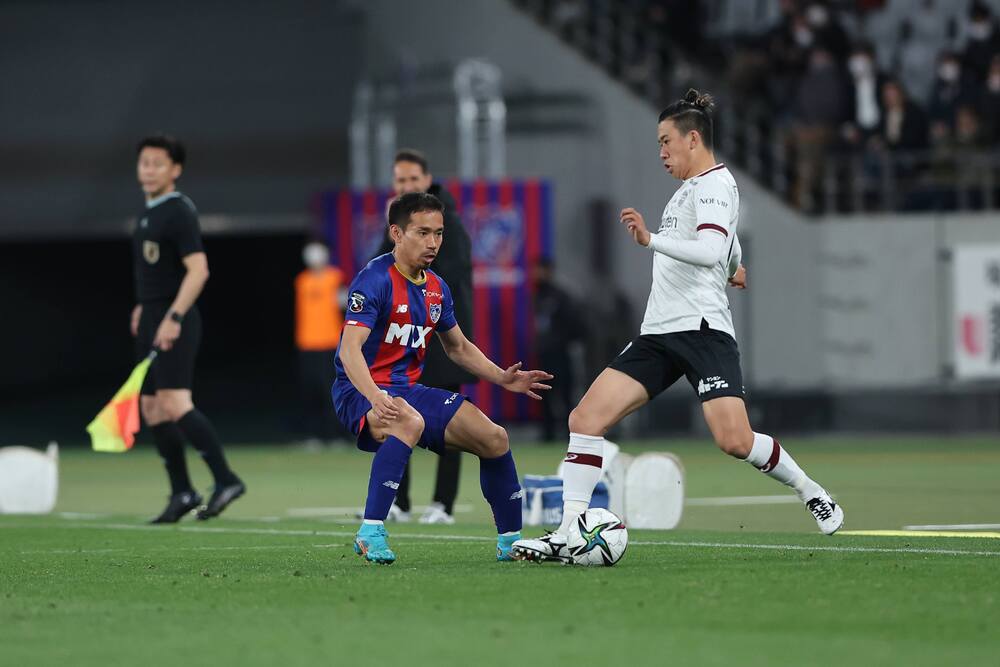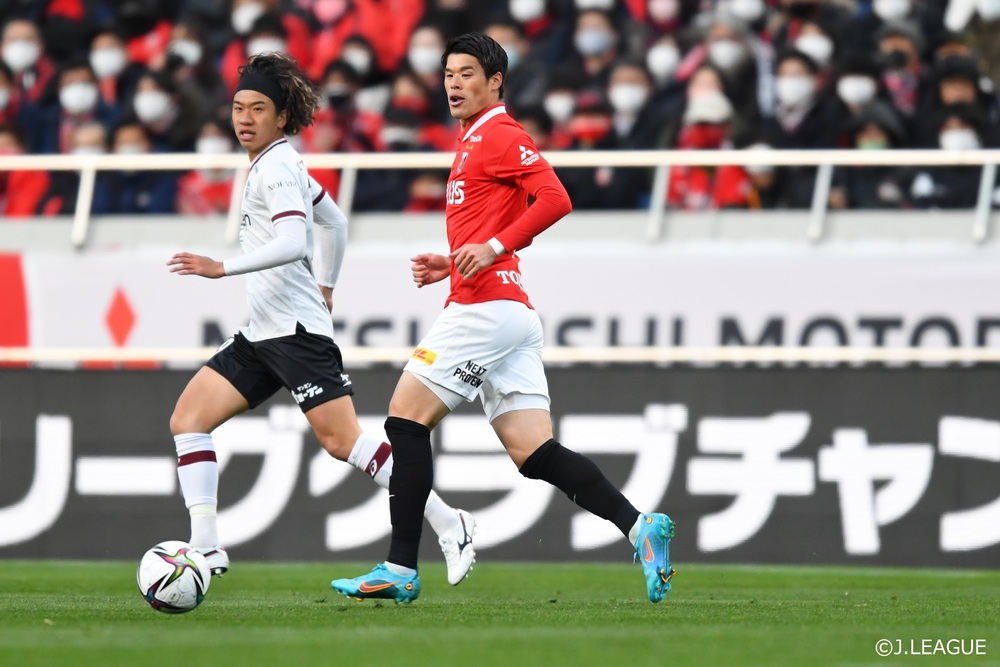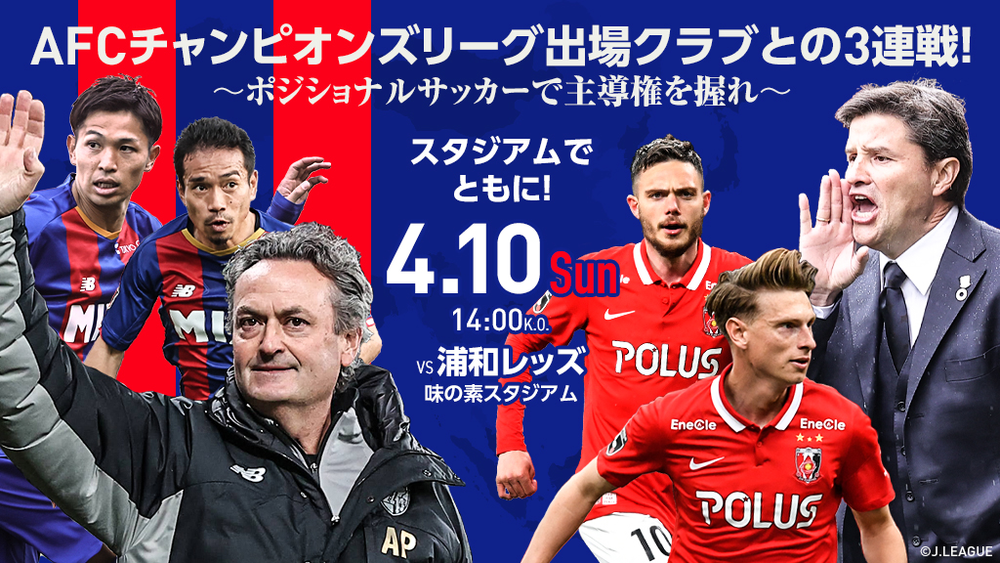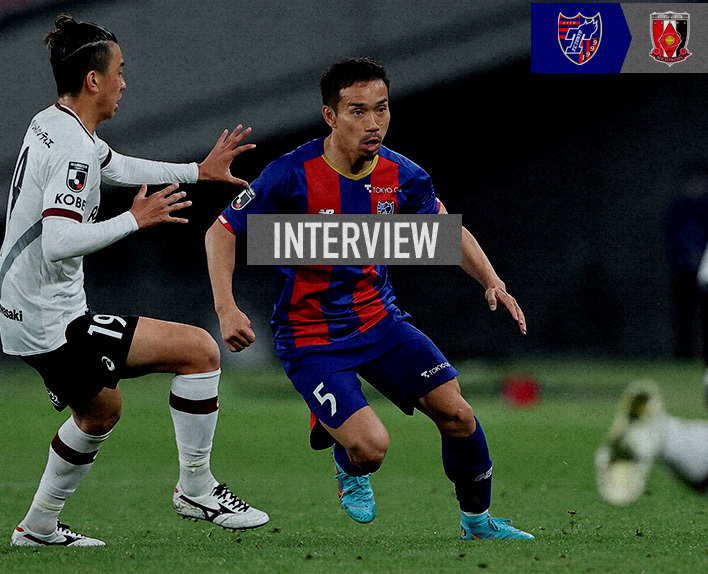Q: The participation in the World Cup has been decided, but the final Asian qualifiers had a difficult start.
A thrilling situation and match continued, and on the other hand, I found myself simply enjoying that situation.
Q: Is it because you have experience? Would it have been different if your younger self had experienced it?
A, if it were my younger self, I would have been overwhelmed. However, this is the 4th time in the final Asian qualifiers, so I think the experience of going through tough battles is significant. I believe that having that experience and not having it makes a completely different feeling in that situation.
Q: Was the timing of recovering from the first loss where your experience was utilized?
A, during good times, it's fine even without experience, but when the team is struggling or in difficult situations, the experience of tough battles comes into play. I believe that every coach needs a few veterans because they can bring the players together during such times and create a positive atmosphere for the team through their experiences.
Q: As for Nagatomo, he commented that after the conclusion of the Asian final qualifiers, the battles in the J-League will become important as he aims for his 4th appearance in the World Cup finals.
Yes, that's true. If we don't achieve results in Tokyo, we won't make it to the stage of the World Cup. That's why, when the final Asian qualifiers are over, I feel even more determined to return to Tokyo and perform well in the J-League.
Q: I think that feeling is already reflected in Yuto Nagatomo's play in Tokyo since his return. Although he couldn't participate in the team's camp due to activities with the Japan national team, it seems he is rapidly adjusting to the team's style while playing in matches. How do you feel about his progress?
A, I feel a great sense of achievement. I couldn't train with the team for a month, so I started from zero in terms of the tactics the coach requires, the play expected from the full-backs, and the coordination with the surrounding players. However, I feel that my experience has been beneficial. I have learned the tactics of many coaches both with the Japan national team and European teams, and I have collaborated with numerous players, so I believe my experience has undoubtedly shortened the time it takes for tactics to fit.
Q: While there may not have been exactly the same tactics in the teams you have been with so far, through your experiences, isn't there something you can draw from many different aspects that reflects the essence of this style of football?
A, learning under many coaches and having a lot of options, along with the frequent player changes in both European teams and the Japan national team, has given me confidence as each coach has chosen to utilize me, which has helped refine my adaptability.

Q: For example, in the recent match against Vissel Kobe, there was a moment where I felt Nagatomo's adaptability to tactics. In the scene of Diego OLIVEIRA's goal, it seemed that Nagatomo was positioned wide, but he moved into the central area, flicking a pass from midfield to connect to the goal. At the moment Adailton started to move into the wide area, it appeared that Nagatomo's movement was well integrated into the team's coordination.
A, regarding that situation, I am very conscious of whether I should receive the ball myself or observe the situation and let a teammate receive it while I get involved as the third player moving. In my old self, even if a pass was made from ABE to HIGASHI, I think I would have stayed in the position I was originally in. Now, in that situation, I realize that I am not the one to receive the ball. The moment the ball went from Shuto to Keigo, I instructed Keigo to pass it back to Shuto. You can see it if you watch the video, but I passed it to Shuto and moved into the vital zone that the opponent hates the most. Ada was positioned wide, and I thought there was one less player connecting with Diego, so I went to create that connection which led to the goal. Although the final flick was a bit off, I think the intention behind my movement, coordination, and connection really worked well.
The relevant scene is 5:33
Q: We have a series of matches against clubs participating in the ACL, and in the next match, we will face Urawa in three days. Do you have an image of Urawa's style of soccer?
I think they are playing really good football. Last season, they played at home, and the tactics were clearly implemented in the team. I felt that Coach Ricardo RODRIGUEZ is a very excellent person when we faced Urawa.
Q: It seems like a team that can change its style of play flexibly while having a tactical base.
A, rather than just sticking to our own style of football, how can we utilize ourselves while thoroughly preparing for the opponent's strategies? I felt that we are putting considerable effort into that during the matches.
Q: When it comes to matches against such opponents, while we have our own style of football that we want to play, we are also required to have flexibility as a team.
A. Tokyo aims to exploit what the opponent dislikes, so if we can effectively neutralize the opponent's strengths, I believe it will lead to a solid victory.
Q: In Tokyo, there are both Nagatomo and Hiroki SAKAI as the full-backs for the Japan national team, and that matchup is attracting attention. You wouldn't want to lose against Hiroki SAKAI, right?
A, of course! I have played together with Marcelo as teammates both in the Japan national team and at Marseille. We are fighting on our home ground, and there is pride in that, as well as a strong desire not to lose. Last season, he scored a goal against us, and that was frustrating. If we match up, I definitely want to go all out on the pitch.I want to give it my all.

Q: You usually get along very well, right?
A, we get along very well. It's a family-like relationship. However, as professionals, when we step onto the pitch, if we are opponents, we must show the determination to never want to lose.
Q: While I'm looking forward to the intense matchups, in terms of Tokyo's soccer style, I think a key point will be seeing how Nagatomo gets involved in the attack by taking a good position and drawing Sakai out.
A, there may of course be matchups, but ideally, in Tokyo's style, we want to position ourselves in a way that we don't have to fight directly against the opponent in front of us. Therefore, especially when we have the ball, we want to create situations where we can win without fighting by taking positions that the opponent dislikes. It's about deciding the match with our positioning, taking a stance where we don't have to battle the opponent directly, and where simply receiving the ball can determine the outcome. Such plays are what the opponent dislikes, and I believe this is the way of fighting that leads most to Tokyo's victory. While looking forward to matchups, I am also excited about these tactical aspects.






![[Special Project for the 3 Consecutive Matches of ACL Participating Clubs!!] Takashi FUKUNISHI × Ichiro OZAWA Commentary!! vs Urawa Reds Edition](/en/upload/Tokyoism/images/img_195_6250f07c-adac-4300-9dd7-6ffa0a000292.jpg)